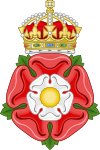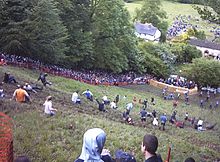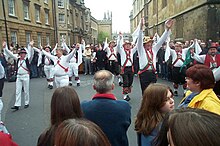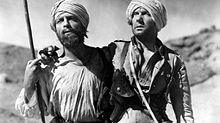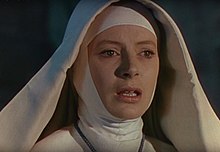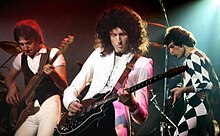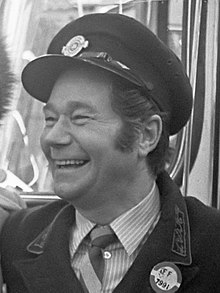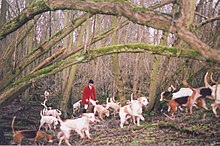
English mythology is the collection of myths that have emerged throughout the history of England, sometimes being elaborated upon by successive generations, and at other times being rejected and replaced by other explanatory narratives. These narratives consist of folk traditions developed in England after the Norman Conquest, integrated with traditions from Anglo-Saxon mythology, Christian mythology, and Celtic mythology. Elements of the Matter of Britain, Welsh mythology and Cornish mythology which relate directly to England are included, such as the foundation myth of Brutus of Troy and the Arthurian legends, but these are combined with narratives from the Matter of England and traditions from English folklore.

Nicolas Jack Roeg was an English film director and cinematographer, best known for directing Performance (1970), Walkabout (1971), Don't Look Now (1973), The Man Who Fell to Earth (1976), Bad Timing (1980), and The Witches (1990).
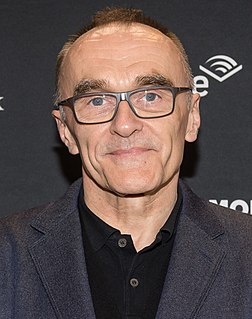
Daniel Francis Boyle is an English director and producer. He is known for his work on films including Shallow Grave, Trainspotting and its sequel T2 Trainspotting, The Beach, 28 Days Later, Sunshine, Slumdog Millionaire, 127 Hours, Steve Jobs and Yesterday.
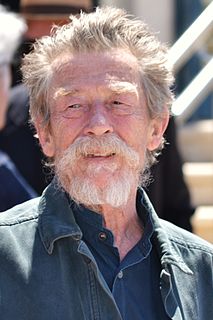
Sir John Vincent Hurt was an English actor whose career spanned over five decades. He came to prominence for his role as Richard Rich in the film A Man for All Seasons (1966) and gained BAFTA Award nominations for his portrayals of Timothy Evans in 10 Rillington Place (1971) and Quentin Crisp in television film The Naked Civil Servant (1975) – winning his first BAFTA for the latter. He played Caligula in the BBC TV series I, Claudius (1976). Hurt's performance in the prison drama Midnight Express (1978) brought him international renown and earned Golden Globe and BAFTA Awards, along with an Academy Award nomination. His BAFTA-nominated portrayal of astronaut Kane, in the science-fiction horror film Alien (1979), notably included a scene where an alien creature burst out of his chest, named by several publications as one of the most memorable moments in cinema history.
Anne Gwendolyn "Wendy" Craig is an English actress who is best known for her appearances in the sitcoms Not in Front of the Children, ...And Mother Makes Three, ...And Mother Makes Five and Butterflies. She played the role of Matron in the TV series The Royal (2003–2011).

English art is the body of visual arts made in England. England has Europe's earliest and northernmost ice-age cave art. Prehistoric art in England largely corresponds with art made elsewhere in contemporary Britain, but early medieval Anglo-Saxon art saw the development of a distinctly English style, and English art continued thereafter to have a distinct character. English art made after the formation in 1707 of the Kingdom of Great Britain may be regarded in most respects simultaneously as art of the United Kingdom.
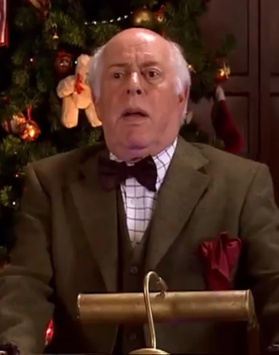
Clive Walter Swift was an English actor and songwriter. A classically trained actor, his stage work included performances with the Royal Shakespeare Company, but he was best known to television viewers for his role as Richard Bucket in the BBC sitcom Keeping Up Appearances. He played many other television and film roles.

John Paton Laurie was a Scottish actor. In the course of his career, Laurie performed on the stage and in films as well as television. He is perhaps best remembered for his role in the sitcom Dad's Army (1968-1977) as Private Frazer a member of the Home Guard. Laurie appeared in scores of feature films with directors such as Alfred Hitchcock, Michael Powell, and Laurence Olivier, generally playing memorable small or supporting roles rather than leading ones. As a stage actor, he was cast in Shakespearean roles and was a speaker of verse, especially of Robert Burns.
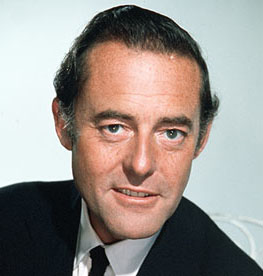
Terence Joseph Alexander was an English film and television actor, best known for his role as Charlie Hungerford in the British TV drama Bergerac, which ran for nine series on BBC One between 1981 and 1991.

Samantha Gwendoline Cameron is an English businesswoman. Until 13 May 2010, she was the creative director of Smythson of Bond Street. Her husband, David Cameron, was the British prime minister from 2010 to 2016. She took on a part-time consultancy role at Smythson after he became prime minister.
John Smethurst was an English television and film comic actor. He was best known for his role as Eddie Booth in the British television sitcom Love Thy Neighbour.
Barbara Assoon was a Trinidad and Tobago actress, journalist, and broadcaster.

Sir Alec Guinness was an English actor. After an early career on the stage, Guinness was featured in several of the Ealing comedies, including Kind Hearts and Coronets (1949), in which he played nine different characters, The Lavender Hill Mob (1951), for which he received his first Academy Award nomination, and The Ladykillers (1955). He collaborated six times with director David Lean: Herbert Pocket in Great Expectations (1946), Fagin in Oliver Twist (1948), Col. Nicholson in The Bridge on the River Kwai (1957), for which he won both the Academy Award for Best Actor and the BAFTA Award for Best Actor, Prince Faisal in Lawrence of Arabia (1962), General Yevgraf Zhivago in Doctor Zhivago (1965), and Professor Godbole in A Passage to India (1984). In 1970 he played Jacob Marley's ghost in Ronald Neame's Scrooge. He also portrayed Obi-Wan Kenobi in George Lucas's original Star Wars trilogy; for the original 1977 film, he was nominated for Best Supporting Actor at the 50th Academy Awards.

The national symbols of England are things which are emblematic, representative or otherwise characteristic of England or English culture. Some are established, official symbols; for example, the Royal Arms of England, which has been codified in heraldry. Other symbols may not have official status, for one reason or another, but are likewise recognised at a national or international level.

Peter Seamus O'Toole was an actor of stage and screen who achieved film stardom in 1962 playing T. E. Lawrence in Lawrence of Arabia. He went on to become one of the most honoured film and stage actors of his time. He won an Honorary Oscar in 2002, but holds the record for most competitive Academy Award nominations for an actor without winning, going winless in eight attempts.

The literature of England is literature written in what is now England, or by English writers. It consists mainly of English literature - i.e. literature written in the English language - but there are important examples of literature from England written in other languages.
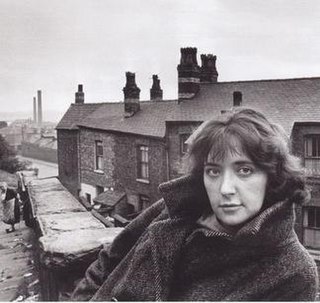
Shelagh Delaney, FRSL was an English dramatist and screenwriter. Her debut work, A Taste of Honey (1958), has been described by Michael Patterson as "probably the most performed play by a post-war British woman playwright".

Second City Firsts is a British drama anthology series of single plays, broadcast by the BBC, all lasting thirty minutes. Recorded at BBC Pebble Mill in Birmingham, or sometimes filmed on location, the series was broadcast between 1973 and 1978.
